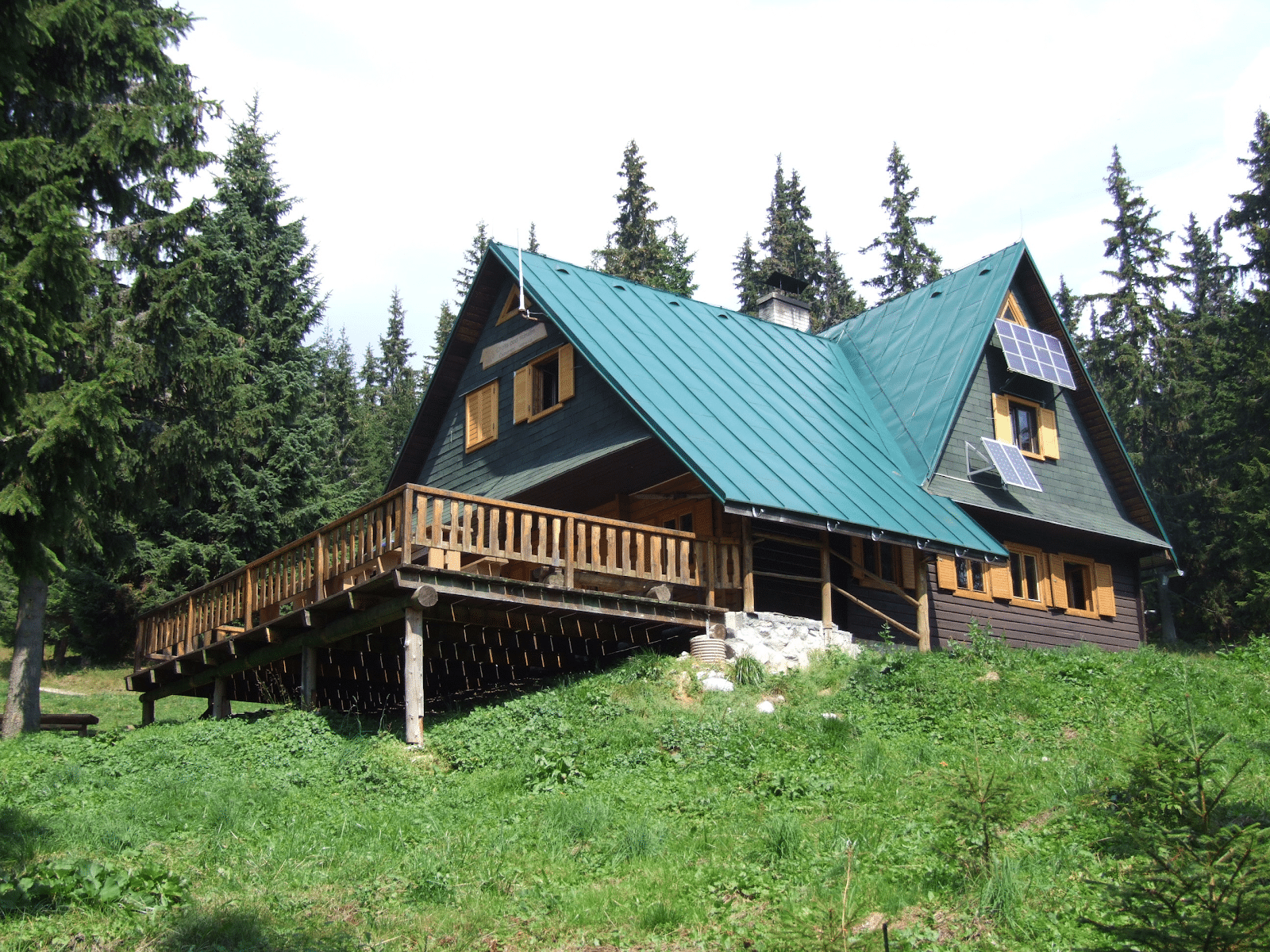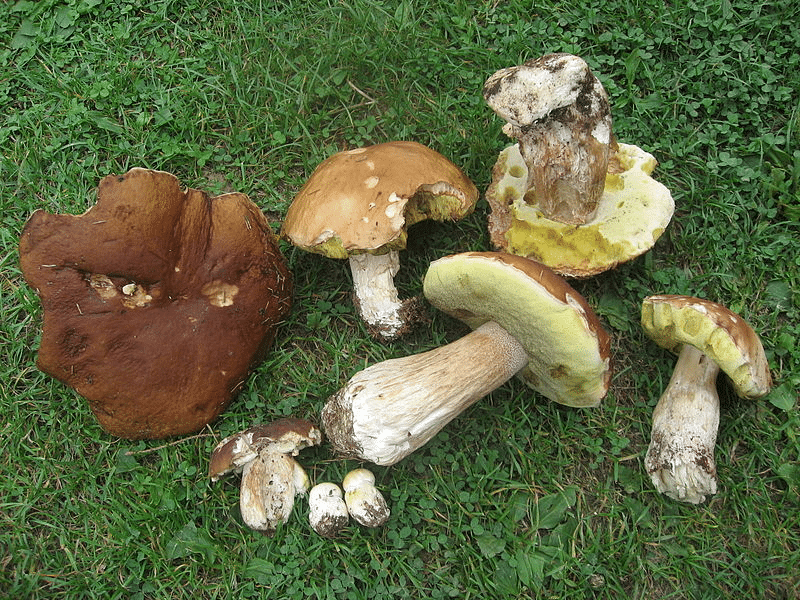6.10 – Verbal Nouns
In the Reality Czech video Martin answers the question easier than anyone else with just one word:
|
|
Jaké máte koníčky? |
-Cestování |
This form cestování is a verbal noun, in other words a noun that has been created from a verb. Well, take a look at the following examples:
|
|
|
|
Odpočívání na chatě je velmi populární aktivita v České republice. Relaxing at the cottage is a very popular activity in the Czech Republic. |
Honza má rád fotografování. Honza likes photography (photographing). |
Here you basically take the verb and make a noun out of it (like a gerund in English). Here you’ll see a few examples, but we’re not going to worry too much about when and how to use them right now. It is better to get to know how to use them by seeing them in action.
However, knowing how to form them (or at least recognize them) is important:
Regular Rules
|
-ání verbs ending in –at (including –ovat) |
-ení verbs ending in –et (-ět) or –it |
||
|
cestovat |
cestování |
vařit |
vaření |
|
programovat |
programování |
uklízet |
uklízení |
|
koupat se |
koupání se |
cvičit |
cvičení |
|
malovat |
malování |
kreslit |
kreslení |
|
pracovat |
pracování |
tančit |
tančení / tanec |
|
sbírat |
sbírání |
smažit |
smažení |
|
odpočívat |
odpočívání |
slavit |
slavení |
Some complexities:
|
-aní some monosyllabic verbs get the ending[1] -aní |
-ení but with somewhat unpredictable (i.e. sometimes) consonant mutations: d → z, t → c, s → š, z → ž, sl → šl, zd → žd, st → šť |
||
|
psát |
psaní |
chodit |
chození |
|
hrát |
hraní |
čistit |
čištění |
|
spát |
spaní |
nosit |
nošení |
|
|
|
prosit |
prošení |
|
|
|
jezdit |
jízda / ježdění |
|
|
|
číst |
čtení / četba |
Additionally, as you see in the chart above, sometimes Czechs will opt for a separate noun such as jízda instead of ježdění, though both are possible (jízda na koni and ježdění na koni). The same goes for words tanec (alongside tančení) or četba (alongside of čtení).
|
Some Irregular Forms |
|
|
pít |
pití |
|
mýt |
mytí |
Verbal Noun Genitive
You’ll also find that they can be followed by the genitive case (the grilling OF meat, collecting OF mushrooms):
|
|
|
|
Grilování masa je hodně populární na americký Den nezávislosti. Grilling meat (lit. grilling of meat) is very popular for the Fourth of July. |
Sbírání hub[2] je velmi populární v Česku. Mushroom collecting (lit. collecting of mushrooms) is very popular in the Czech Republic. |
Other combinations with a genitive are:
poslouchání hudby
sbírání starožitností
sbírání komiksů
skládání puclí
cvičení jógy
chytání ryb
venčení psa
luštění křížovek
čtení románů
dělání domácích úkolů
plánování dovolené
pití piva
mytí rukou[3]
Images used in this document come from these sources.
[1] though there are exceptions, such as přát → přání, vstát → vstání.
[2] hub is the genitive plural of houba ‘mushroom’
[3] the word ruka has an irregular genitive plural form rukou.




